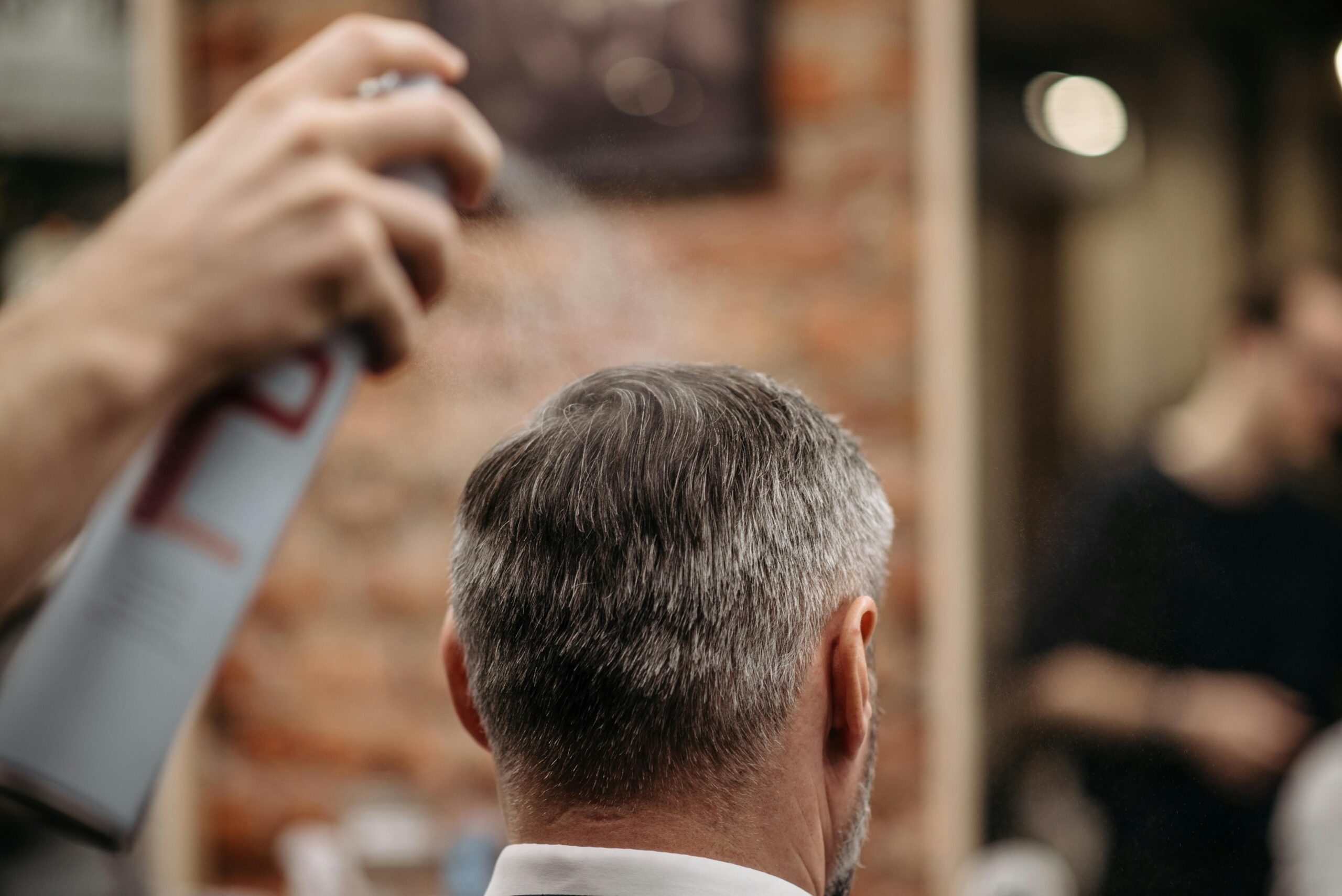Peptides are gaining recognition in the beauty industry for their remarkable benefits in hair care. These small chains of amino acids play a crucial role in promoting hair health and regeneration. As more people seek effective solutions for hair issues, understanding the power of peptides can unlock the potential for thicker, healthier hair. This article delves into how peptides work and their role in hair repair and regeneration.
The Mechanism of Peptides in Hair Care
Peptides penetrate the hair shaft and scalp to provide targeted benefits. They help stimulate keratin production, which is essential for strong, healthy hair. Additionally, peptides promote blood circulation in the scalp, ensuring that hair follicles receive adequate nutrients and oxygen.
1. Hair Follicle Stimulation
Certain peptides have the ability to stimulate hair follicles. This stimulation encourages hair growth and helps combat hair thinning and loss. Research shows that peptides can activate the anagen (growth) phase of the hair cycle, leading to increased hair density.
2. Strengthening Hair Structure
Peptides can enhance the hair’s structural integrity. They bind to damaged areas of the hair shaft, filling in gaps and improving overall strength. This leads to reduced breakage and improved elasticity, making hair more resilient to environmental stressors.
3. Moisture Retention
Peptides help improve the moisture retention of hair strands. By forming a protective barrier, they prevent moisture loss, keeping hair hydrated and reducing dryness and brittleness. This is particularly beneficial for individuals with curly or textured hair, which tends to be drier.
4. Anti-Inflammatory Properties
Peptides possess anti-inflammatory properties that can soothe the scalp. A healthy scalp environment is crucial for optimal hair growth. By reducing inflammation, peptides promote a balanced scalp, minimizing issues such as dandruff or itchiness.
5. Enhancing Scalp Health
Peptides also support overall scalp health. They can help regulate sebum production, ensuring the scalp is neither too oily nor too dry. A well-balanced scalp creates a conducive environment for hair growth.
Types of Peptides in Hair Care
Several types of peptides are commonly used in hair care products. Each type has unique benefits:
1. Keratin Peptides
Derived from keratin, these peptides strengthen the hair shaft and improve its texture. They help repair damage and enhance shine.
2. Copper Peptides
Known for their anti-aging properties, copper peptides stimulate hair growth and improve scalp health. They also have antioxidant properties that protect hair from environmental damage.
3. Signal Peptides
These peptides send signals to cells in the scalp, promoting hair growth and preventing hair loss. They are particularly effective in revitalizing thinning hair.
4. Enzymatic Peptides
These peptides help break down excess sebum on the scalp, promoting a healthier environment for hair follicles. They also help in exfoliating dead skin cells.
Using Peptides into Your Hair Care Routine
To experience the benefits of peptides, consider integrating peptide-infused products into your hair care regimen. Look for shampoos, conditioners, serums, and masks that highlight peptides as key ingredients. Regular use can lead to noticeable improvements in hair texture, strength, and overall health.
1. Peptide-Rich Shampoos
Choose shampoos that contain peptides to gently cleanse the scalp while providing nourishment. These products help prepare hair for additional treatments.
2. Nourishing Conditioners
Conditioners with peptides can help lock in moisture and repair damage. They should be applied after shampooing to ensure the hair remains hydrated and manageable.
3. Targeted Serums
Peptide serums are designed to be applied directly to the scalp. They provide concentrated treatment, targeting hair thinning and promoting growth effectively.
4. Deep Conditioning Masks
Using peptide-infused masks weekly can significantly enhance hair health. These masks provide intensive moisture and repair, rejuvenating the hair shaft.
The Future of Peptides in Hair Care
As research into peptides continues, new applications and formulations are likely to come out. The potential for personalized hair care products tailored to individual needs is particularly exciting. Innovations in peptide technology may lead to even more effective treatments for various hair concerns.
Conclusion
Peptides are a powerful tool in the world of hair care, offering numerous benefits for repair and regeneration. By incorporating peptide-rich products into your routine, you can promote healthier, stronger hair and address common concerns like thinning and damage. Embracing the power of peptides can lead to a noticeable transformation in your hair’s health and vitality.
Frequently Asked Questions (FAQs)
1. What are peptides?
Peptides are short chains of amino acids that play essential roles in various biological processes, including hair growth and repair.
2. How do peptides benefit hair?
Peptides stimulate hair follicles, strengthen hair structure, retain moisture, and promote scalp health, leading to thicker and healthier hair.
3. Can peptides help with hair loss?
Yes, certain peptides stimulate hair growth and can help combat hair loss by activating the growth phase of the hair cycle.
4. How can I incorporate peptides into my hair care routine?
Look for shampoos, conditioners, serums, and masks that contain peptides as key ingredients to experience their benefits.
5. Are there different types of peptides for hair care?
Yes, common types include keratin peptides, copper peptides, signal peptides, and enzymatic peptides, each offering unique benefits.
6. How long does it take to see results from peptide treatments?
Results can vary depending on the product and individual hair condition, but many users report improvements within a few weeks of consistent use.
7. Are peptide treatments safe for all hair types?
Peptide treatments are generally safe for all hair types, but it’s best to choose products formulated for your specific hair needs for optimal results.



